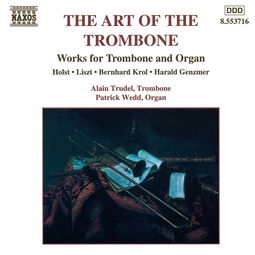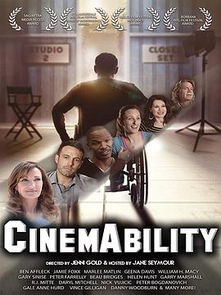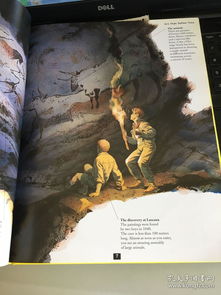Content:
Fishing, an age-old pastime, has always been a source of relaxation and enjoyment for many. Whether you're a seasoned angler or a beginner looking to improve your skills, scoring high in fishing competitions requires more than just patience and a good rod. Here are some essential tips and techniques to help you master the art of angling and increase your chances of scoring high.
Choose the Right Equipment The first step to scoring high in fishing is to ensure you have the right equipment. This includes a high-quality rod, reel, line, lure, and tackle box. Invest in gear that suits the type of fishing you plan to do, whether it's freshwater or saltwater, and make sure it's well-maintained.
Understand the Fish Familiarize yourself with the species you're targeting. Each fish has unique habits, preferences, and habitats. Study their behavior, feeding patterns, and preferred baits. This knowledge will help you choose the right spot and lure to increase your chances of a catch.

Location, Location, Location Finding the perfect spot is crucial. Look for areas with good cover, such as rocks, logs, or weed beds, as these tend to attract fish. Also, consider the time of day and season, as fish activity can vary significantly. Early morning or dusk are often the best times to fish.
Master the Art of Casting A well-executed cast can make a huge difference in your fishing success. Practice your casting technique to ensure you can accurately place your lure or bait in the desired location. Pay attention to the wind, as it can affect your cast, and learn to compensate for it.
Read the Water Observing the water's surface can provide valuable clues about fish activity. Look for ripples, bubbles, or any signs of movement that might indicate fish are nearby. Pay attention to the water's color and clarity, as these can also influence fish behavior.
Use the Right Bait The type of bait you use can significantly impact your success. Live bait is often more effective than artificial lures, especially for larger fish. However, artificial baits can be more versatile and can be used in a wider range of conditions. Experiment with different baits to see what works best in your fishing environment.
Adjust Your Approach Be prepared to adapt your technique based on the situation. If you're not getting bites, try changing your lure, adjusting your retrieve speed, or moving to a different location. Sometimes, even the smallest change can make a big difference.
Learn from the Pros Watch videos, read books, and attend workshops to learn from experienced anglers. They can provide valuable insights and tips that you might not discover on your own. Additionally, consider joining a fishing club or attending fishing tournaments to network with other anglers.
Patience is Key Fishing is a game of patience. Don't get discouraged if you don't catch anything right away. Fish can be unpredictable, and sometimes it takes time to find them. Stay focused and keep trying.
Practice, Practice, Practice Like any skill, fishing improves with practice. Spend as much time on the water as possible, and don't be afraid to experiment with different techniques. The more you fish, the better you'll become at understanding the nuances of the sport.
Respect the Environment Always practice catch-and-release fishing when possible, and be mindful of the impact you have on the environment. Follow local regulations and guidelines to ensure you're doing your part to preserve the fishery.
By incorporating these tips and techniques into your fishing routine, you'll be well on your way to scoring high in fishing competitions. Remember, the key to success is a combination of knowledge, skill, and patience. Happy fishing!












